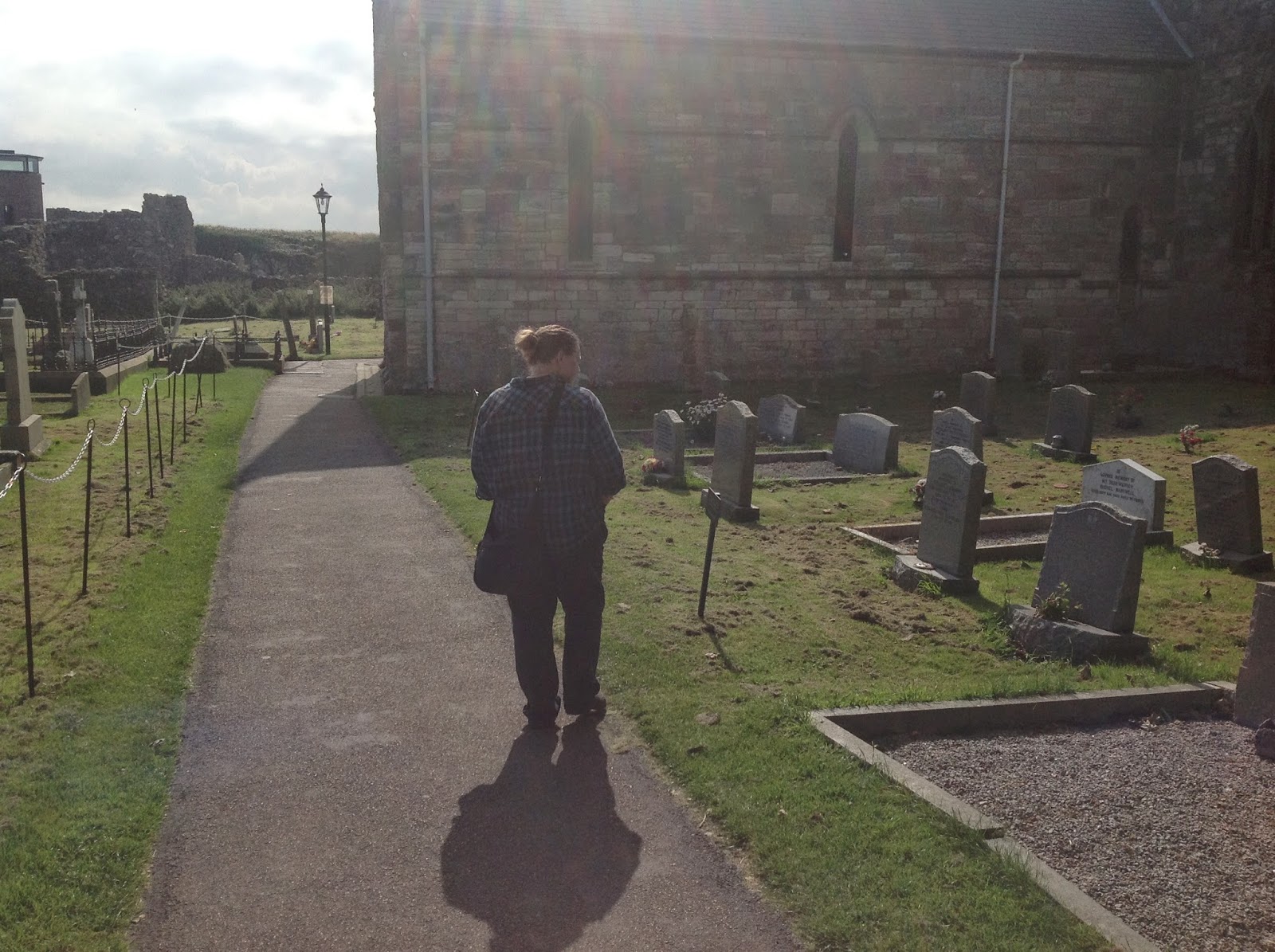WHY DID JESUS HAVE TO DIE FOR US?
1.
Bigger Question: Why life? Why a world? If God
is such a clever creator, then why bother with any of it?
·
FOR REASONS KNOWN ONLY TO GOD, God loves this
world the way it is, and loves human beings (who could not be what they are
without this sort of a world), and seeks communion and relationship with
them.
2.
GOD’S “STRATEGY” FOR establishing communion and
relationship with humanity/creation, is to share
the experience of life in the world, and thereby transform, fulfill, and
“save” it.
3.
THAT INVOLVES DEATH. It better. Only a God who shares in our suffering and
death is acceptable.
Christ Jesus,
who, though he was in the form of God,
did not regard equality with God
as something to be exploited,
but emptied himself,
taking the form of a slave,
being born in human likeness.
And being found in human form,
he humbled himself
and became obedient to the point of death—
even death on a cross. Philippians 2
who, though he was in the form of God,
did not regard equality with God
as something to be exploited,
but emptied himself,
taking the form of a slave,
being born in human likeness.
And being found in human form,
he humbled himself
and became obedient to the point of death—
even death on a cross. Philippians 2
“it becomes increasingly
difficult in the Christian world to see the ultimately important human
experience as an escape into the transcendent, a flight out of history and the
flesh. There is a demand for the affirmation of history, and thus of human
change and growth, as significant. If the heart of 'meaning' is a human story,
a story of growth, conflict and death, every human story with all it's oddity
and ambivalence becomes open to interpretation in terms of God's redemptive
work.”
― Rowan Williams, The Wound of Knowledge: Christian Spirituality from the New Testament to St. John of the Cross
― Rowan Williams, The Wound of Knowledge: Christian Spirituality from the New Testament to St. John of the Cross
When the crucified Jesus is
called "the image of the invisible God," the meaning is that THIS is
God, and God is like THIS.”
― Jürgen Moltmann, The Crucified God: The Cross of Christ as the Foundation and Criticism of Christian Theology
― Jürgen Moltmann, The Crucified God: The Cross of Christ as the Foundation and Criticism of Christian Theology
“In the raising and exaltation of
Christ, God has chosen the one whom the moral and political powers of this
world rejected – the poor, humiliated, suffering and forsaken Christ. God
identified himself with him and made him Lord of the new world ….. The God who
creates justice for those who suffer violence, the God who exalts the
humiliated and executed Christ – that is the God of hope for the new world of
righteousness and justice and peace.”
― Jürgen Moltmann, Ethics of Hope
― Jürgen Moltmann, Ethics of Hope
romans 6:4
Therefore we have been buried with him by
baptism into death, so that, just as Christ was raised from the dead by the glory
of the Father, so we too might walk in newness of life.
philippians 3:10
I want to know Christ and the power of
his resurrection and the sharing of his sufferings by becoming like him in his
death,
Colossians
3.3:
Colossians
3.1:
So if you have been raised with
Christ, seek the things that are above, where Christ is, seated at the right
hand of God.
Galatians 6:17
From now on, let no one make trouble for me; for I carry the marks of Jesus branded on my body.
“The earthly form of
Christ is the form that died on the cross. The image of God is the image of
Christ crucified. It is to this image that the life of the disciples must be
conformed; in other words, they must be conformed to his death (Phil 3.10, Rom
6.4) The Christian life is a life of crucifixion (Gal 2.19) In baptism the form
of Christ's death is impressed upon his own. They are dead to the flesh and to sin,
they are dead to the world, and the world is dead to them (Gal 6.14). Anybody
living in the strength of Christ's baptism lives in the strength of Christ's
death.”
― Dietrich Bonhoeffer, The Cost of Discipleship
― Dietrich Bonhoeffer, The Cost of Discipleship




No comments:
Post a Comment